|
by Marcus Leyva Late last summer my uncle Noberto wrapped his prized fighting roosters in newspaper, stuffed them and the rest of his family into their 1955 Buick and drove 36 miles inland to Las Tunas, Cuba as a Category 5 Hurricane barreled directly towards their hometown on the coast. Thankfully, Noberto, the rest of my cousins and, most importantly, the roosters all survived the storm unharmed. They were fortunate that the damage was limited to property, but for my uncle and family it will takes years to restore normalcy (many streets in town are still torn and unusable from Hurricane Wilma in 2005). Life will move forward but it’s difficult not to reflect on the lack of economic mobility for most of my family and remember that, hurricanes aside, there is no clear economic path forward for most Cubans: the government dictates the market and most life choices with the threat of violence hanging over the head of anyone who thinks otherwise. Separated from my uncle by only a generation, I spent the duration of the storm in complete safety, with hot water and food readily available. To say I am a rare exception of economic mobility would be a gross understatement of reality. The probability of ending up where I am today is one in millions and there is no way I would be here today without the support of a loving family, strong mentorship and community throughout my life.
The lack of economic mobility is a common theme not only throughout Latin America, but within the United States as well. Throughout my academic and professional career working in financial services, the mobility gap has become more glaring every year as I realize real world considerations like applying for colleges, the financial aid process (including the labyrinth FAFSA), personal finances, tax planning, property ownership, applying for jobs (networking) and a number of commonplace life requirements in a first world country are all concepts almost foreign to many, including myself. There is no simple solution to issue of economic empowerment but there is no argument that access to education is a way forward. CBOB has its roots in Colombia, and although I am not Colombian, the heart of CBOB’s mission resonates with me deeply and extends beyond Latin America. The mission of the organization is clear: education is the only clearly defined and sustainable route out of the cycle of impoverishment. I have witnessed firsthand how the organization has set about trying to chip away at the barriers to education as a Bound for Peace trip Volunteer in Medellin, as a trip volunteer, as a member of the student chapter at the University of Florida and now as a Board Member. Today I am proud to remain part of an organization with an intense focus on education and providing the tools and support needed to succeed against all odds. Together with our donors we are working to double our IAMCBOB scholar base by 2020 and parallel the same successes we have had abroad at home, providing tutoring, healthcare and comprehensive K-college mentorship for migrant students in Florida through the CWOB program. As we look ahead to the next ten years of CBOB’s future our team of dedicated volunteers and interns are emboldened and enthralled by the opportunity to continue to promote economic mobility through education at home and abroad.
0 Comments
by Christina Mouttet Looking for a memorable, rewarding way to spend your summer? Join us as we travel to Quito, Ecuador this summer from August 4-19. During the week we focus on workshops with the youth, but the weekends are all about exploring the city. Check out this list of some of Quito’s highlights so you can better see why it is a MUST! (Excursions may vary) 1. You can visit Mitad del Mundo (Middle of the World) Mitad del Mundo is a national landmark located north of Quito, Ecuador. This monument is built on the site where the line of the equator was famously marked in 1736. You will get to stand with one foot in each half of the world! 2. TelefériQo (Quito’s awesome gondola lift!) Quito’s Skyrail named in 2005 as the Teleférico, is the highest in South America. The ride takes about 10 minutes and offers a breathtaking view of the city and nearby Panecillo volcanic hill. 3. See the amazing views at Itchimbía Itchimbía Park is located at the summit of Itchimbía hill. It is considered one of the most beautiful look out points in all of Quito. 4. Relax at Papallacta Hot Springs Papallacta is famous for its hot springs known as the "Balneario Termas de Papallacta" or Termas de Papallacta Hot Springs. The source of the heat in the springs comes from the two volcanos it is situated between, the Cayambe and the Antisana. 5. Eat some delicious food Popular dishes eaten in Ecuador include Ceviche (a mix of seafood and shellfish cooked in lime juice), arroz con pollo o camarones (rice with chicken or shrimp), and Choclo (dry roasted Andean corn that is sold by vendors on the streets). 6. La Basílica del Voto Nacional Construction on this building began in 1883 but is still unfinished. A fun fact is that this building was inspired after Paris' Notre Dame! Sign up for our Bound for Peace trip to Quito today! www.chbob.org/bfp Sources:
https://gobackpacking.com/travel-guides/ecuador/ecuadorian-food-typical-traditional/ https://www.expedia.com/Mitad-Del-Mundo-Monument-Quito.d6112398.Vacation-Attraction http://www.roamingaroundtheworld.com/top-things-to-do-in-quito-ecuador-travel-guide https://www.frommers.com/destinations/quito/attractions/la-baslica-del-voto-nacional by Jennifer Nicholas Children Beyond Our Borders, Inc. aims to provide opportunities for children and youth affected by social injustice to find peace, prosperity, and well-being through education and empowerment. CBOB wants every child to dream big and strive for a bright future. These are the reasons why CBOB has developed educational tools and workshops that stimulate children’s self-esteem, interest, curiosity, and innovation. CBOB delivers these educational tools and workshops not only beyond our borders to countries in Latin America, such as Colombia, Nicaragua, and Ecuador, but also within our borders to local communities in Florida. Children Within Our Borders provides opportunities for at-risk youth in CBOB’s local communities, such as Alachua and Orlando. One way CWOB does this is by providing monthly educational and empowering workshops to the children in both of these at-risk communities. CWOB has already hosted a very successful workshop this year in Orlando. However, CWOB is not stopping there! CWOB has already planned two more exciting workshops for these communities in the month of February. Children Within Our Borders kicked off the new year with the Be the Light Workshop in Orlando, Florida. The Be the Light Workshop’s purpose was to allow the children to develop their own goals for the new year and to teach them lessons about how to be the best version of themselves. First, the children played safety bingo which helped reinforce their safety skills and let them identify the correct safety procedures they would use in emergency situations. Next, the children played math bingo in order to get their minds stimulated by practicing both addition and subtraction. The second activity was called the reflective hand. For this activity, the children drew their hands on construction paper and then cut them out to make a “reflective hand.” The children wrote five things they thought made them a good friend on the left hand and then wrote five new things they thought they could do to make their friendships better on the right hand. This activity allowed the children to build better relationships in the new year by being self-aware of the things they already do and of the things they can do in the future. The final activity of the workshop was a game of kickball. This activity taught the children to get active in their own environment in order for them to stay healthy in the new year. Children Within Our Borders has already accomplished a great deal for the local communities in Florida this year. CWOB will continue to serve these local communities in February by hosting two more workshops. The first workshop, Valentine’s Day- Relationships and Cultures, will take place on February 17th in Alachua. This workshop will show the children the importance of healthy relationships and will teach them how Valentine’s Day is celebrated in other cultures. The second workshop, In a Perfect World, will take place on February 24th in Orlando. This workshop will help the children understand their own emotions and help them learn how to cope with them. Therefore, as you can see, we have a fun and exciting month ahead of us. Follow us on Facebook, Instagram, and Twitter for more updates about our future CWOB events!
by Christina Mouttet Libros de Familia is one of the outreach programs offered through the UF Chapter of Children Beyond Our Borders Inc. It pairs UF students with migrant families in Alachua County. Volunteers visit the family’s home once a week to read to the kids and help them with their homework. This is extremely beneficial to the families as English is a second language for many of them, so they struggle with reading and writing. Parents often find it difficult to provide this assistance because of the language barriers present. This is my second semester volunteering with Libros de Familia and the experience has been amazing. My partner and I visit our family’s home every Friday afternoon. Our family has three children: Jenny, who is in 10th grade, Angel who is in 4th grade, and David, who is in 2nd grade. While the children speak English fluently, the English of their parents is extremely limited. A major issue is that, due to both language and cultural barriers, their parents do not understand notes from the teachers, the American grading system, or their children’s homework. One of our tasks on our weekly visits is to translate this information for them, which allows them to be more involved and understand how their children are doing in school. Then, after working on homework for about an hour, we eat dinner with the family. We alternate between Daisy (their mom) cooking and us bringing food. Personally, this is my favorite part. Not only do I get to sample home-cooked Latin food (which is delicious) but we get to talk to the family about subjects beyond school. I get to practice my Spanish with them while they practice their English with us. It also so eye-opening to hear about their story and their culture. Our dinners with the family has really allowed my partner and I to build a bond with them. “My favorite part of Libros is definitely the relationship I’ve built with the family. While I do love helping the kids with homework, what I value the most is the bond I’ve built with them. I’ve learned so much about their culture and lifestyle, and the experience has been irreplaceable,” said Iman Whyte, my partner. My favorite memory from last semester was when we were invited to Jenny’s birthday party. We got to meet her friends from school and sing her happy birthday. I will never forget meeting her aunts and uncles from Puerto Rico who told me all about the culture and traditions of their countries. It is safe to say participating in Libros de Familia has been one of my favorite parts of my college experience so far! |
Archives
July 2021
|
|
Follow Us |

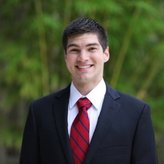
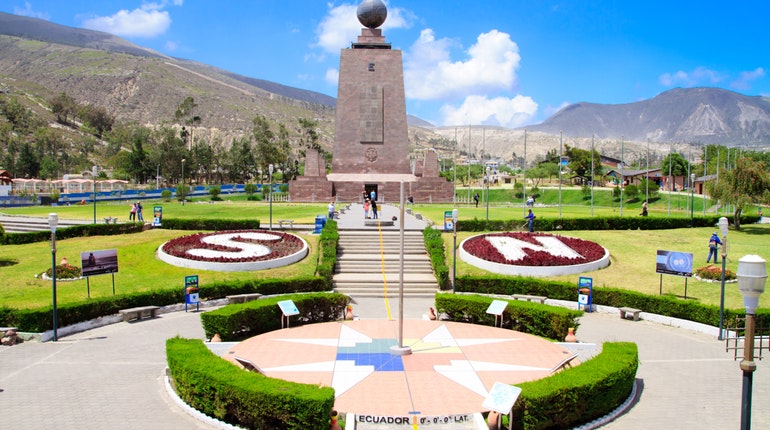
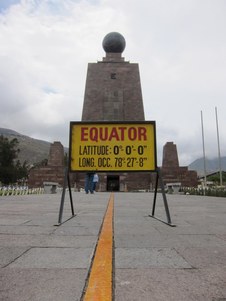
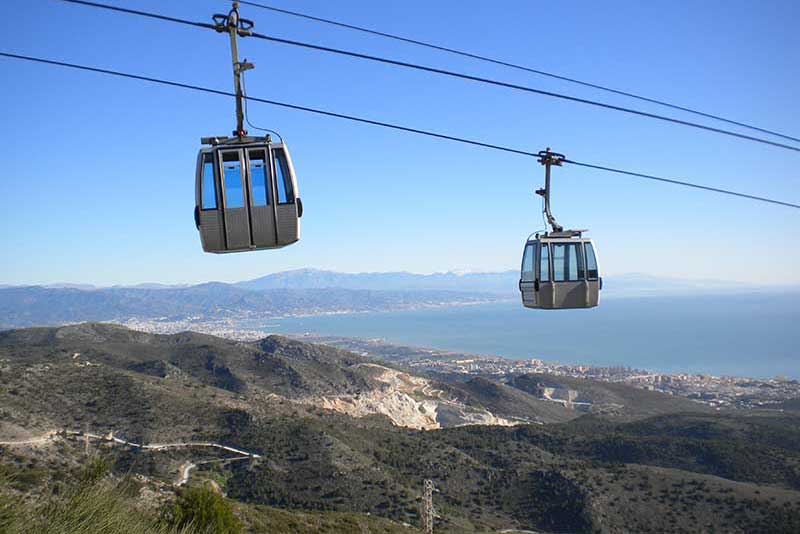
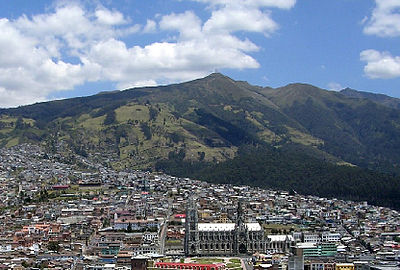
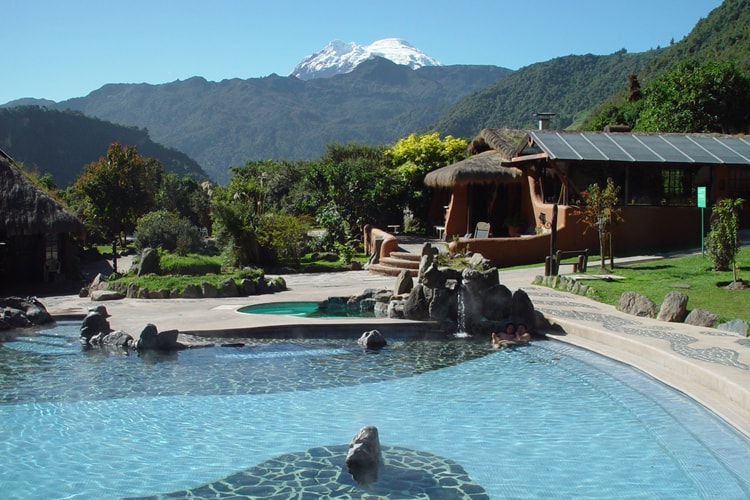
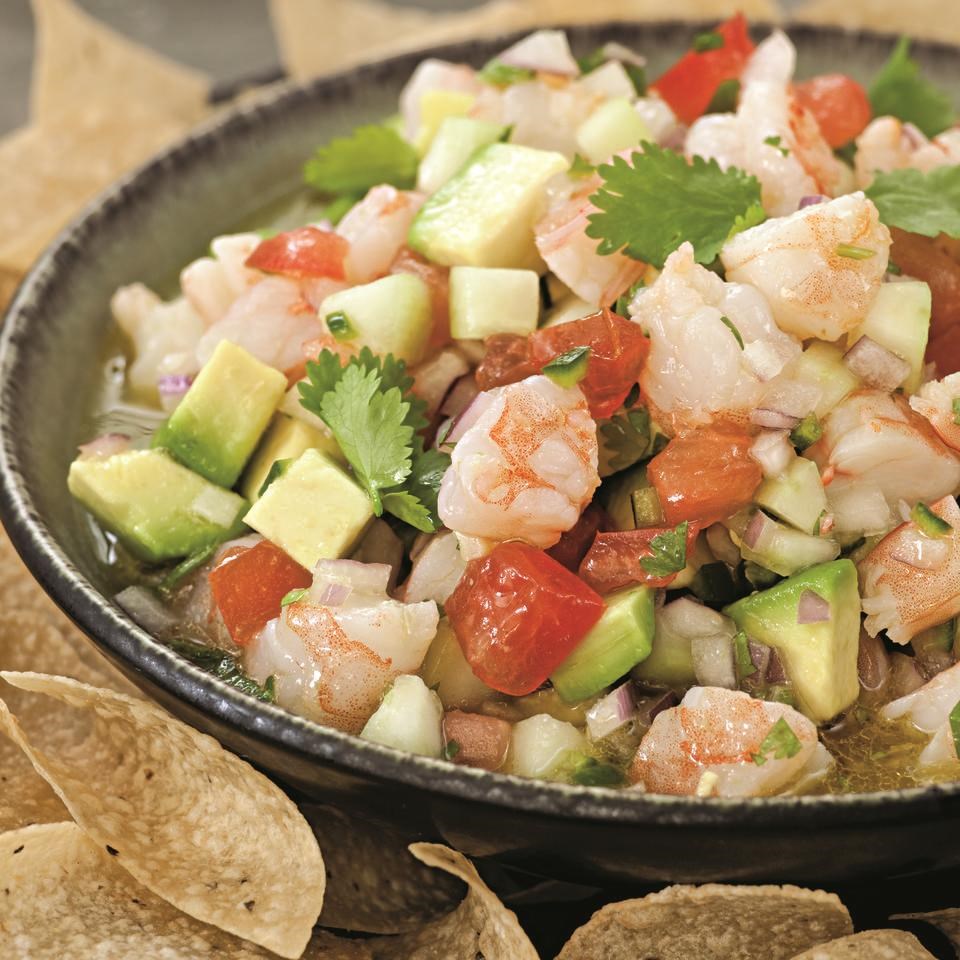

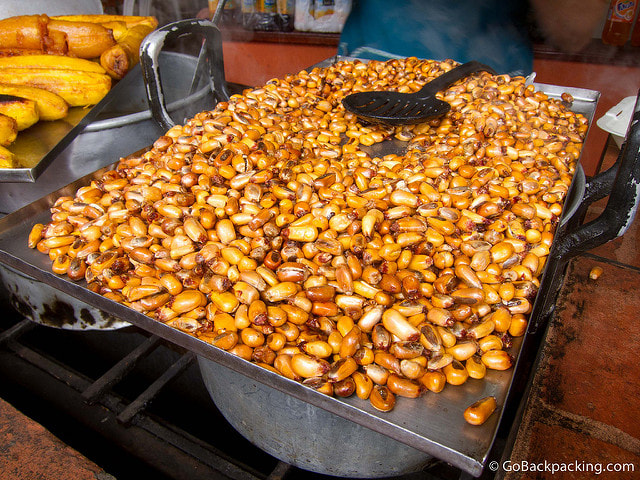
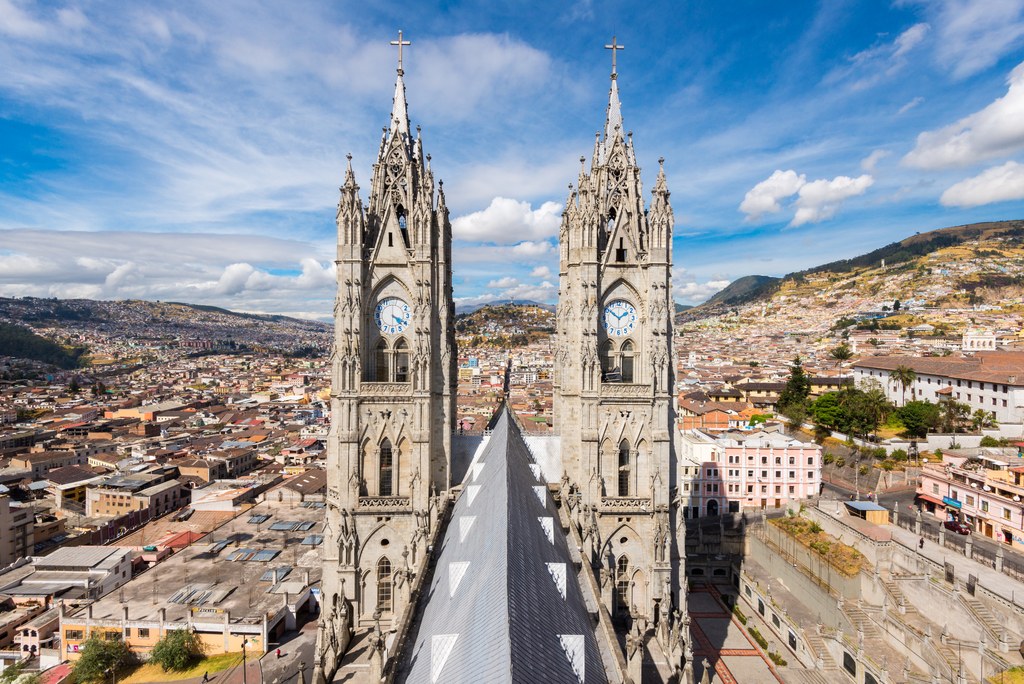
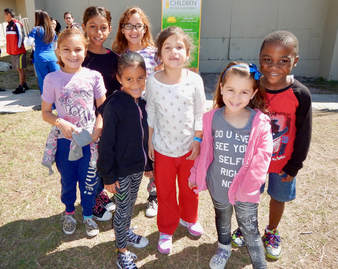
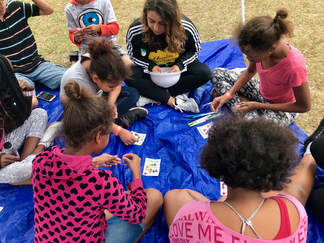
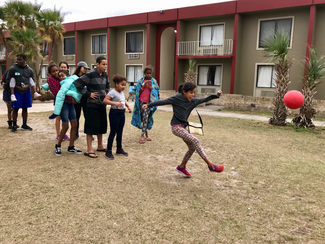
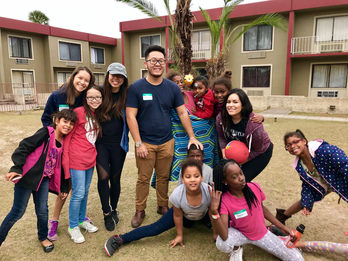
 RSS Feed
RSS Feed